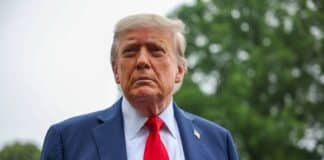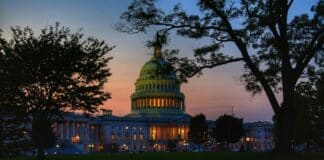In his New Year’s address, Chinese President Xi Jinping highlighted China’s resilience and confidence while acknowledging the challenges posed by global uncertainties. Xi’s speech, delivered ahead of U.S. President-elect Donald Trump’s inauguration, emphasized the strength of China’s economy, noting its ability to overcome obstacles despite external pressures and the ongoing need for economic transformation.
Xi pointed to the changing global landscape and the shift from old growth drivers to new ones, citing these transformations as critical to the country’s future. He remarked, “The Chinese economy faces some new conditions, including challenges of uncertainties in the external environment and pressure of transformation.” Despite these hurdles, Xi remained optimistic, affirming, “But we can prevail with our hard work. As always, we grow in the wind and rain, and we get stronger through hard times. We must be confident.”
His speech comes at a time of increasing trade tensions between the U.S. and China. On the first day of his return to office, Trump signaled a shift in trade policy by pledging to impose a 10% tariff on goods from China, Canada, and Mexico through an executive order. Additionally, Trump has voiced his intent to recalibrate international trade agreements, fueling speculation about potential trade wars.
Although relations between Beijing and Washington have soured since Trump’s presidency began in 2017, Trump invited Xi to attend his inauguration, a gesture that sparked mixed reactions. Some analysts expect Xi to decline the invitation, but Trump’s move reflects a broader strategy of engaging openly with both allies and competitors.
Xi’s address also included a clear message regarding Taiwan. He declared, “The people on both sides of the Taiwan Strait are one family. No one can sever our family bonds, and no one can stop the historical trend of national reunification,” reinforcing Beijing’s position on the reunification of Taiwan with China. This statement comes as Beijing has increased its military presence around Taiwan in response to the election of Taiwanese President Lai Ching-te.






